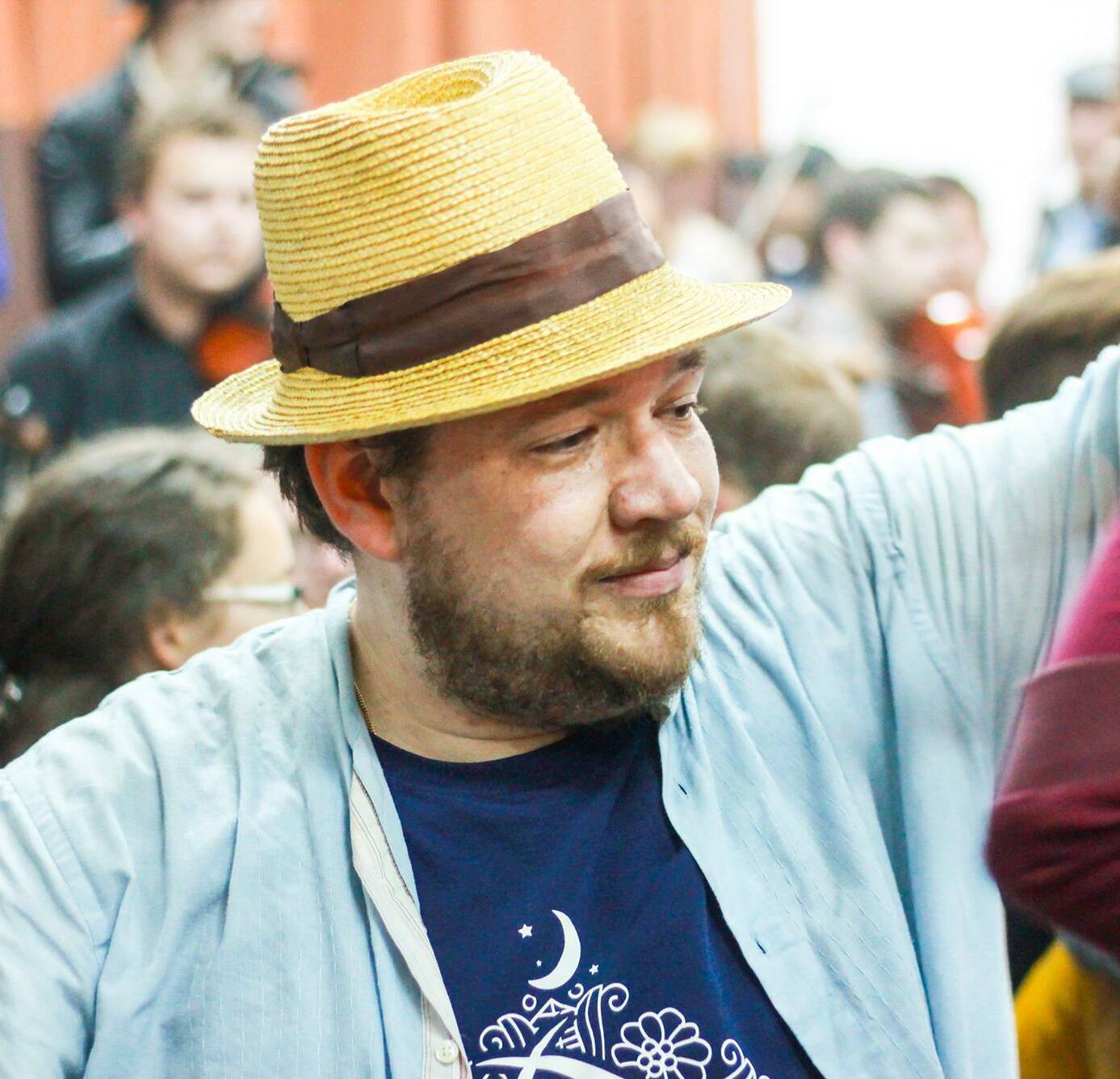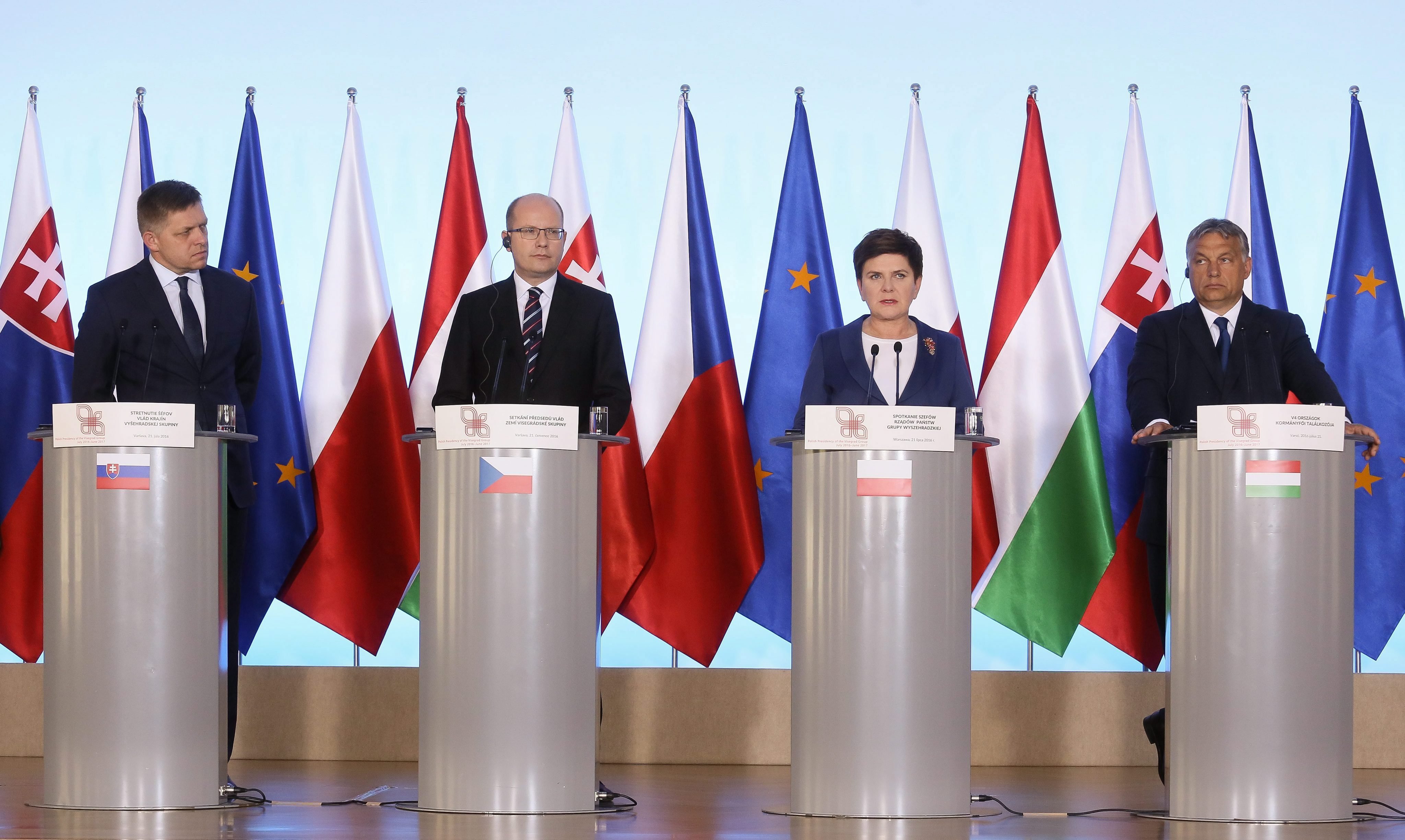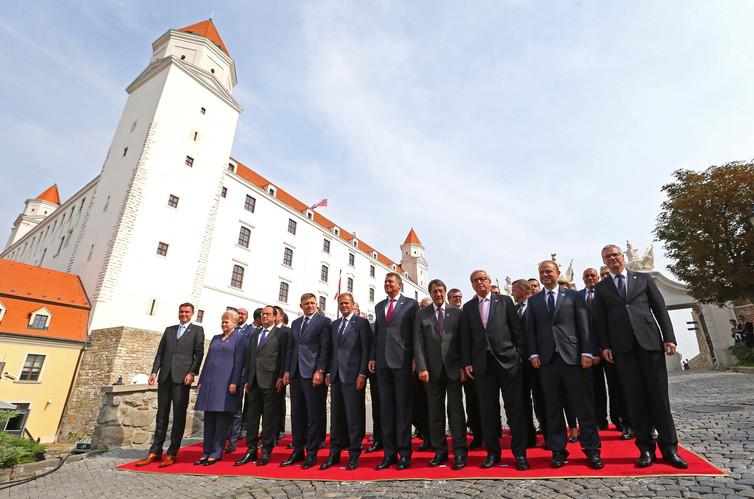By Modeste Schwartz.
Olguţa Vasilescu warns the multinationals
Genesis and prospects of a potential “social-patriot shift” in Romania
Romania – Currently mayor of Craiova (Oltenia) under the aegis of the Social Democratic Party (PSD) and as Minister of Labor, Family and Social Protection in the Grindeanu (PSD / ALDE) government, at 43 years of age, Olguţa Vasilescu, in a context of feminization of the European political elites, could well embody the Romanian version of the new social / Eurosceptic paradigm embodied elsewhere by women such as Marine Le Pen or Sarah Wagenknecht. Herself Oltenian (Oltenia being a sort of Romanian Midwest, where the population – though impoverished – is the most ethnically homogeneous in all the country), this woman, still young, of typical Romanian beauty and elegance is – to say the least – daring. As Minister of Labor, her name is closely attached to the drastic wage increases recently enjoyed by Romanian civil service workers, as part of a heterodox policy of stimulating demand, a policy which draws literal screams from the Romanian and European neo-liberal “elite”.
A member of the Greater Romania Party until the end of 2007, she then left this nationalist party, which had largely run its course. [Nearly twenty years after the murder of the Ceauşescus, this protest party, with no real program apart from a certain chauvinism (of which the Hungarian minority often paid the price) and nostalgia for N. Ceauşescu’s national-communism, withered by its lack of adaptation to the new socio-cultural and geopolitical realities of Central Europe, and also suffered from the excessive influence exerted by its charismatic and rather dictatorial leader, C. Vadim Tudor (who died in 2015). A cultivated poet and fine orator (comparable in many respects to his Hungarian counterpart: the nationalist dramatist and tribunist I. Csurka, who himself died at roughly the same time), but exhausted by scandals, Vadim Tudor had allowed Romanian nationalism to transform into a generational folklore too tightly bound to an electoral base of retirees who were (rightly) nostalgic for the period between 1970-1989 (probably the only period of true independence and wide-spread upward social mobility that modern Romania has known), seemingly condemned to follow this base to the grave.]
At the end of 2007, Olguţa joined the other heir-party of the Ceauşescu era: the Social Democratic Party, which in today’s Romania represents both a social left and a cultural right, faced with a nebula of nominally „right-wing„ parties whose only “right-wing” identity consists in their neo-liberal, shamelessly anti-social agenda and their (not very nationalistic) adherence to the geopolitical dogmas of neo-con globalization (EU, NATO). The PSD is a large, low-ideology party with a left / globalist wing (well-incarnated by the Euro-parliamentarian and European Commissioner Corina Creţu – another candidate, though less brilliant, for the role of “new Iron Lady” of Romanian politics), a managerial / technocrat center (also marked by inevitable corruption trends) and a national / social right, of which Olguţa Vasilescu, never stingy with shock declarations on social media, has quite clearly taken the head for a few months. Even though the PSD’s chiefs (and especially its president L. Dragnea) are the privileged target of the attempted Maidan orchestrated by the West and its local networks, this soft belly of the PSD tends to stoically endure the blow of Soros’ “civil society”, while the most scathing reactions – and particularly Eurosceptic remarks – come, on the one hand, from the national / social wing embodied by Olguţa Vasilescu, and on the other hand from the minority allies of the PSD, the nominally “liberal” party ALDE (which brings together elements of the real Romanian right that the neo-con networks of the Johannis presidency could not or did not want to integrate), usually through the voice of its president, former Prime Minister Tăriceanu (who recently declared himself “disappointed” by the EU, and praised BREXIT as an “act of courage” – prompting the hysterical indignation of the entire spectrum of Romanian globalism, from the Soros funded liberal left to the more discreetly NATO-affiliated, Russiaphobic neo-Nazi networks).
It is in this context that one must understand the latest rhetorical bomb thrown by Mrs. Vasilescu, declaring recently that “the multinationals must understand that the Romanians are the slaves of no one, and that they also have the right to decent wages”. One can only salute the skill with which this apparently blurred statement combines old rhetorical themes of Romanian national emancipation (especially in Transylvania against the Austro-Hungarian yoke) with a more realistic positioning in view of the de facto colonial burden that weighs today on the shoulders of Romanian workers (who find themselves reduced to emigration and precarious wage labor by neo-colonial domination structures which are certainly not controlled by the Hungarians, the Russians, or the Bulgarians . . .).
This promising development could be the result of a renewed analysis and sincere awareness, but also a strategic necessity: one of the recent attempts (2015-2017) to re-install ethnic nationalism on the Romanian political scene (which had become a “landscape after the battle” since the fall of T. Băsescu) was orchestrated by this very nationalist wing of the PSD (then dominated by former Prime Minister V. Ponta) in coordination with a nostalgic wing of the political police (SRI), embodied by the “press mogul” S. Ghiţă (now on the run in Serbia); together, they gave birth to the Party of United Romania (PRU), a small start-up party seeking to capitalize on the hatred of minorities, adjoining countries, and Russia. The scathing electoral defeat of the PRU (now all but dissolved) in December 2016 (while the “mainstream” PSD won a historic victory over the Romanian “right”) was able to demonstrate to the remaining Ceauşescu nostalgics that the Romanian people, although regretting (rightly) the loss of political-economic independence and the incipient prosperity which they experienced during the first years of the Ceauşescu era (and were later stripped of by the Western Empire), is not willing to repeat the errors of this regime – starting with its chauvinistic evolution of the 1980s, when Ceauşescu, forced by the IMF (already him!) into a policy of austerity, thought he could get away with it by diverting popular discontent towards the ideal scapegoat provided by ethnic minorities.
However, whatever the genesis of this interesting turn, one wonders how long the Byzantine flexibility of the PSD will resist the chasm between leftists (Corina Creţu) and social-patriots (Olguţa Vasilescu). If the PSD does not purge its anti-national elements in time, the social-patriots, enjoying increasing popularity, may sooner or later feel compelled (unless they would be willing to risk being seen as the patriotic alibi of a submissive power) to leave the PSD. If such a break-up were to occur, it is more than likely that the “presentable” debris of the PSD who refuse to follow Olguţa Vasilescu would suffer, volens nolens, a friendly takeover of the USR (a sort of Romanian En Marche bringing together globalists and Sorosites of all stripes around a “technocratic” project of accelerated submission to the EU). The main question remaining would be the possibility of a junction between the PSD’s patriotic elements (having taken control of the party or gathered outside it around Olguţa Vasilescu) and right-wing patriots of ALDE (a junction that would involve overcoming historical and sociological taboos, given that ALDE, stocked with members of the late Liberal Party, is claiming the memory of pre-war national parties and the anti-communist resistance, and rests on a “bourgeois” urban basis often linked to right-wing Masonry).
As I have already had occasion to remark, the reconstruction process already completed in Hungary under Orbán and likely beginning in Serbia around Vučić – ie. the crystallization of a large patriotic center party capable of assuming national reconstruction on the ruins left by the Băsescu and Johannis presidencies (a kind of Romanian equivalent to the “Yeltsin years” in Russia), resisting the dying EU without collapsing into anarchy or succumbing to other overlords – seems to be stagnating in Romania, notably due to the absence of a strong-man capable of embodying national reconciliation around a moderate collective project. But perhaps the possibility has not yet been sufficiently taken into account that this strong-man could, in Romania, when all is said and done, be a woman.




